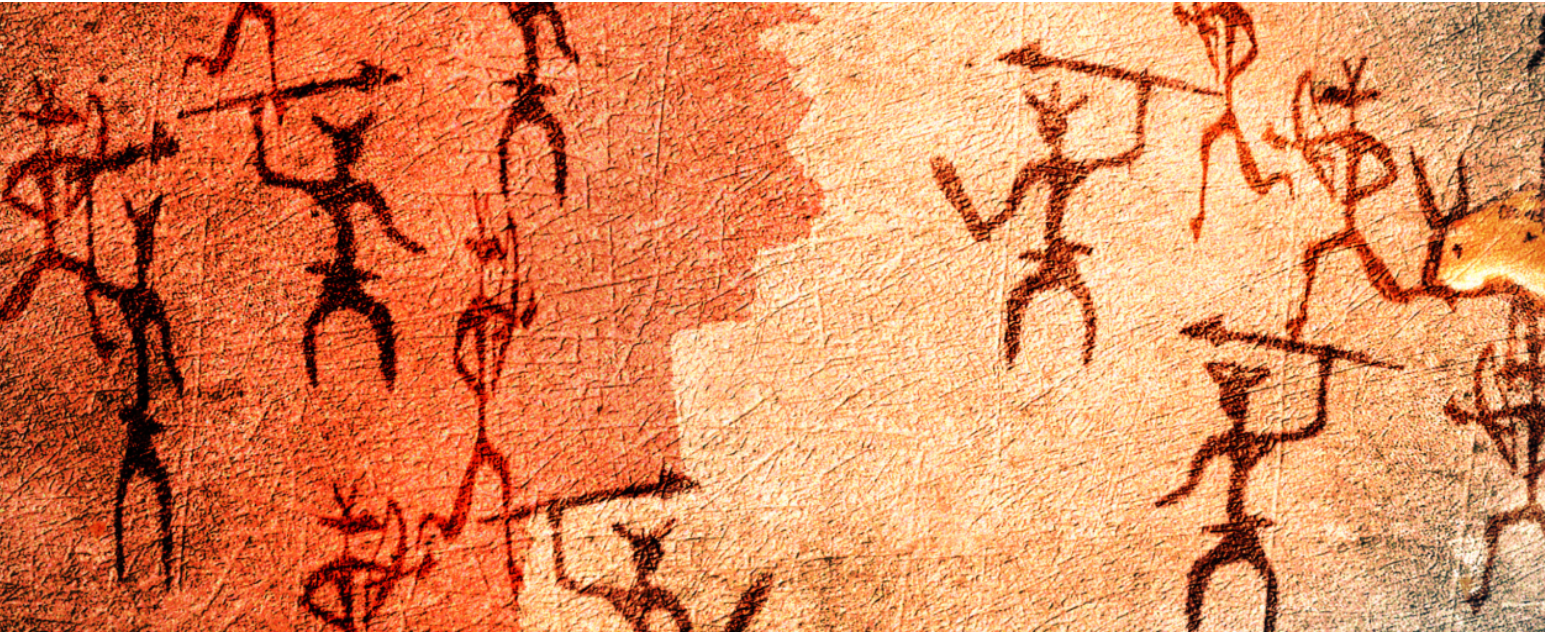
Politicization Intensifies Tribal Hatred
Maryam Abashar
In the past, throughout different eras and ages, there was a distinguishing feature of Sudanese society that marked it both within and beyond its borders: kindness, tribal and ethnic cohesion, solidarity, and aid for the needy.
These were the qualities attributed to Sudanese individuals, both domestically and particularly internationally. Sudanese unity and cooperation remained an admired trait among countries and societies where Sudanese migrated to. Stories and accounts of honorable examples and memorable situations were shared, creating a collective memory.
However, what disrupted this unique tribal cohesion was the political intersections built upon short-term interests (this has become evident in the ongoing war) that turned tribal affiliation, bias, and claims for gains into a volatile minefield. If not managed by the wise members of the Sudanese population, this could lead to the disintegration of Sudan into fragile entities targeted by the ambitions of foreign nations.
The escalation of tribal rhetoric and the widening circle of tribal hatred have become increasingly visible, resulting in the emergence of politically motivated stances. This situation necessitates a swift response to salvage the remaining unity in the fragmented nation.
Traditional Boundaries
Sudanese society is known for its tribal nature, but throughout history, peaceful coexistence among tribes has prevailed. It was a tolerant and tightly knit society with various tribes living harmoniously, free from significant divisions.
Traditional values and customs were among the most important traditional boundaries and laws that governed interactions among tribal groups and collectives. These norms played a role in the civilian administrations overseen by tribal elders and leaders, who held a significant position among the tribes.
These social qualities and characteristics were employed by British colonial rulers to organize society and handle tribes in a seamless manner. Thanks to these values, Sudanese society remained stable due to this strong cohesion, and civilian administrations acted as the regulating institution for society, ensuring its stability.
Intensification of Politics
Researchers claim that what disrupted these smooth tribal systems and corrupted them was the intensification of political interference. This occurred by exploiting tribes, involving them in political battles to serve private interests. These interventions had a considerable negative impact on the natural relationships that characterized interactions among tribes. Conflicts were minimal and rare, and when they did occur, they were quickly contained by the prudent and authoritative voices of civilian administrations.
Polarization
Professor Abdo Mukhtar, a researcher in politics and society, argues that political interference, especially during the Salvation Government era, politicized tribes and manipulated civilian administration. This affected both the system and its performance. The leaders of civilian administration were appointed based on their loyalty to the ruling party or the Islamic movement. This led to a divisive political atmosphere along ethnic and tribal lines, exacerbating tribal and racial animosities.
This polarization ultimately fostered a discourse of hatred and led to the alignment of people along ethnic and regional lines. This was evident in the current conflict, like the Generals War, which has resulted in casualties and the displacement of millions. The war became ethnically, regionally, and tribally divisive.
Looming Danger
According to Mukhtar, the danger lies in the fact that this division deepens societal schisms, endangering the stability, unity, and even sovereignty of the state. If not addressed, it might lead to the division of Sudan into fragile entities.
Deep-Rooted Notion
Similarly, many experts agree that the deep-rooted notion of tribalism in Sudans social fabric has allowed the official system to coexist with this idea and even interact with it at times. This coexistence extended to political and security systems for extended periods.
However, since the era of ousted President Omar al-Bashir, the state has attempted to formalize this tribalism by creating new administrative systems, granting titles to leaders, and offering privileges based on loyalty to the ruling party. Dr. Rafat Mirghani Abbas, former head of the National Human Rights Commission, noted that many of the states measures inadvertently entrenched the concept of tribalism, including media programs and other official activities.
Mirghani added that during the transitional period following the al-Bashir regime, some tribal groups engaged in alarming and influential actions that infringed upon human rights and the rule of law. This included conflicts between tribes in Darfur, the Blue Nile, and Kordofan, as well as the emergence of tribal-based military groups like the Northern Shield and other movements.
Mirghani regretted that tribal discourse often gets intertwined in this ongoing war and that tribes are mobilized to participate in the conflict. The states official media broadcasts so-called tribal calls, which could lead the country into a comprehensive war. He stated, I cannot fathom how a respectable state would do this. I dont understand why were not taking measures to build a unified national identity that transcends tribal and ethnic affiliations.
Change of Approach
Overcoming this crisis, according to the vision of the head of the Human Rights Commission, requires adopting an approach to change educational patterns and numerous policies in media and administration. It also entails refraining from using tribal affiliation on official documents, such as national IDs, among other actions.
Experts also believe that, in the post-war period, the state must adopt a comprehensive and serious approach to transitional justice and address all wounds from the past.
A Call to Action
Activists advocating against hate speech and racial or tribal dominance call upon those who seek to exploit tribes in this war to cease inflaming civilians based on tribal affiliations. They urge them to refrain from using tribes in inflammatory media and political discourse that perpetuates the conflict. Rational Sudanese citizens must work tirelessly to establish the foundations and structures of a state founded on the principles of law and justice, where everyone is equal, regardless of their ethnic or tribal identity.

